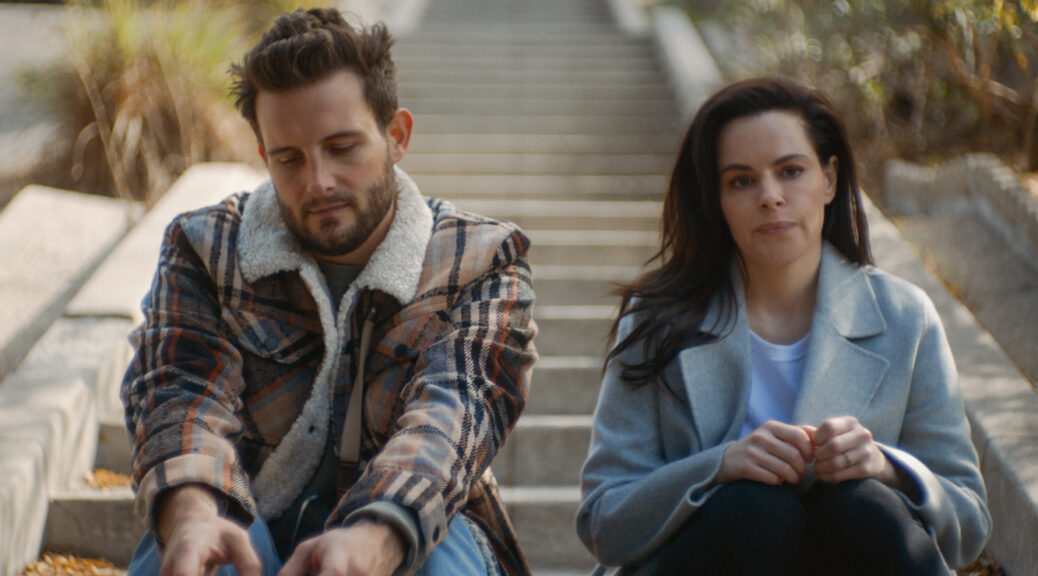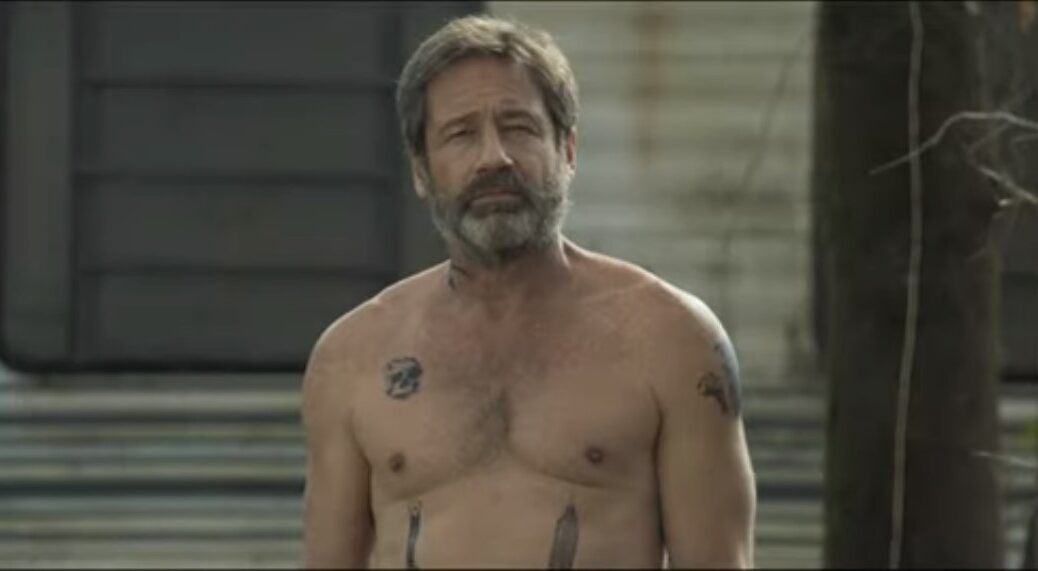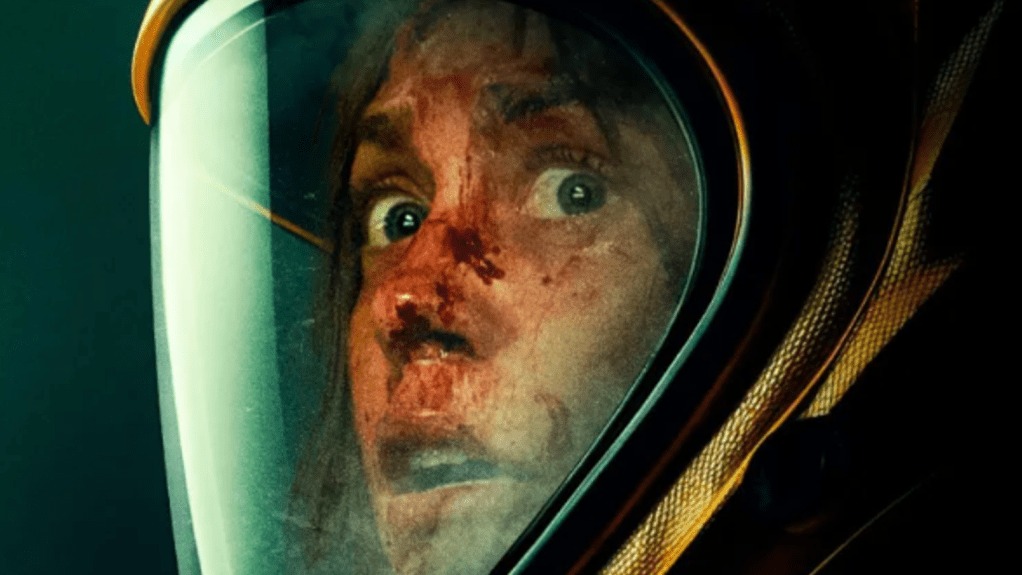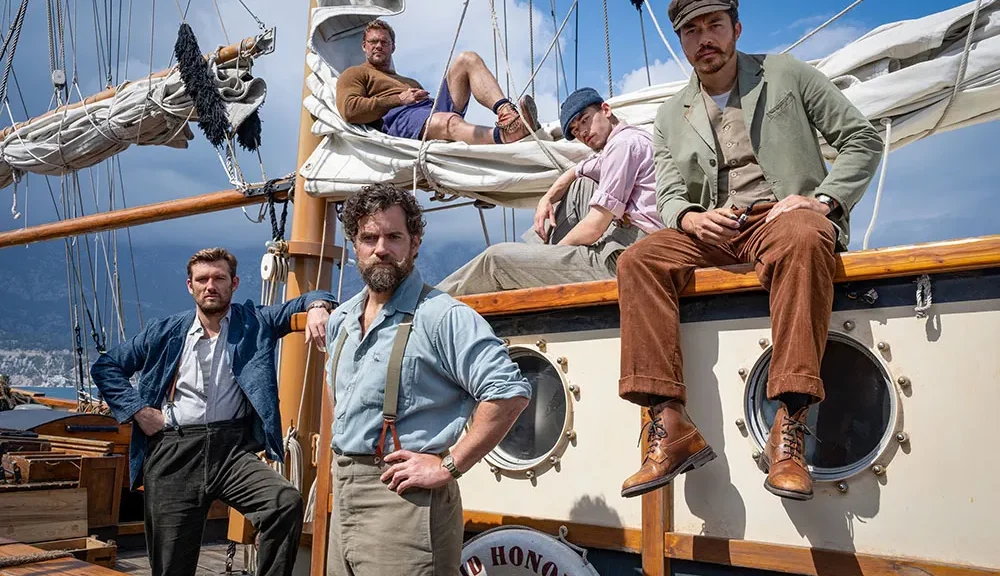Chestnut
by Rachel Willis
Writer/director Jac Cron offers a slice-of-summer in a young woman’s life in the skillfully written film, Chestnut.
Annie (Natalia Dyer) is on the verge of moving across the country when she meets Tyler (Rachel Keller) and Danny (Danny Ramirez) at a bar. Tyler is the first to approach, and what begins as a shared drink becomes a budding romance.
Cron’s script is a subtle take on young men and women stumbling toward their futures, one uncertain foot at a time. Danny and Tyler work shifts at a high-end restaurant, spending their nights drinking at bars or dancing in clubs. Annie is easily caught up in this world, as she struggles with her fear of the future.
Though Dyer is the core of the film, it’s the scene stealing Keller is who draws most of our focus. Tyler’s dynamic presence is tinged with the unexpected. She keeps Annie off-balance, stringing her along in a way that may feel familiar to anyone who’s faltered in a new relationship. Annie’s joy and confusion is understandable. Tyler is often unknowable.
While Keller draws us in, Dyer often leaves us floundering. Her acting veers too often toward melodrama, which doesn’t fit the tone of the film. The awkward flirtation is awkward for the wrong reasons. Instead of coming across as realistic, it feels unnatural. It’s unfortunate the camera work seems to mirror Dyer’s acting, as neither are particularly interesting.
As Danny, Ramirez is left with less to do than either Keller or Dyer. However, he imbues the character with a certain unease that suggests there is more to Tyler than Annie realizes. His own relationship with Annie comes across more naturally, more honest, helping the audience understand what draws Annie into their lives.
Additional characters pass in and out of the film, each offering more to the picture of who Annie is. There are no overt realizations or narrative moments of clarity. Something much simpler and more interesting happens as Annie’s summer comes to a close.
As a whole, the movie has some hard-to-overlook faults, but the writing is good enough that it doesn’t really matter.














